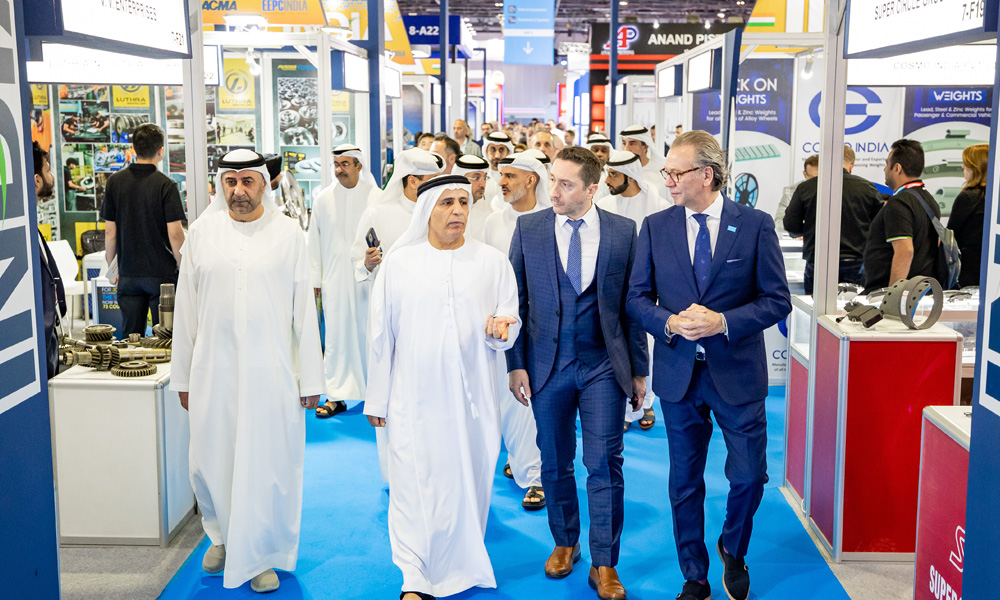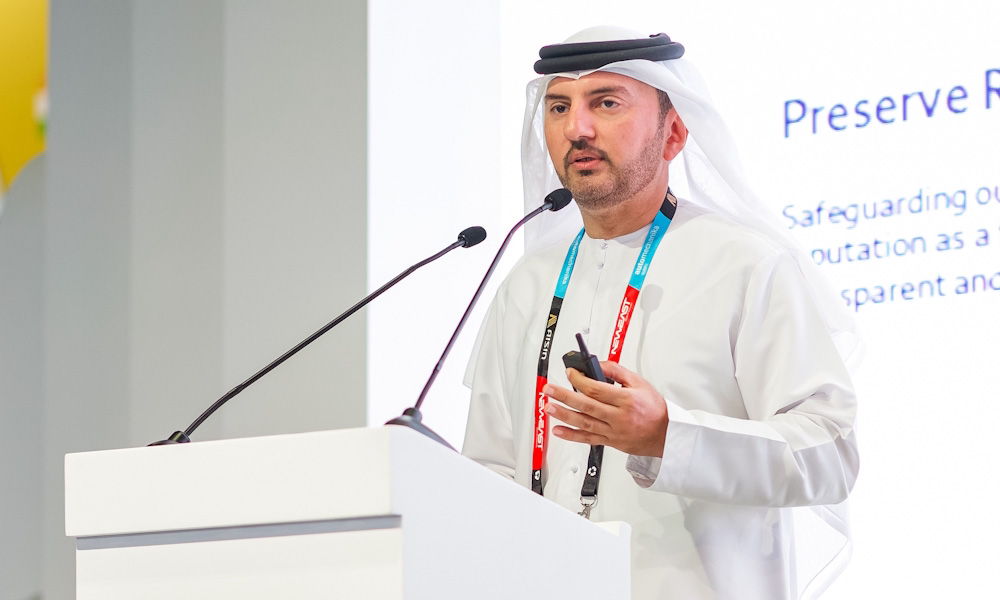Highlighting their vision for future mobility, the Road Transport and Authority (RTA) emphasised the importance of public-private cooperation in achieving 25% smart and driverless transportation in Dubai by 2030. The importance of collaboration between different entities, including private and public partnerships, to create a business model and ecosystem for innovative mobility was discussed.
Under Dubai’s Self-Driving strategy, 25% of all transportation trips in Dubai will be smart and driverless by 2030. This transformation is expected to deliver far-reaching benefits, including improved quality of life and happiness, a 12% increase in safety, a 12% reduction in emissions, and a 20% increase in mobility efficiency, to name a few.
The discussions showcased Dubai’s vision of future mobility, featuring multiple modes of transport, including robot taxis, driverless metro, self-driving buses, and marine services. Emerging technologies such as the Hyperloop, vertical take-off and landing solutions, peer-to-peer shared mobility systems, AI-driven guidance tools, and sustainable options like electric, hybrid, and hydrogen-fuelled vehicles were also discussed.

Khaled Al Awadhi, Director, Transportation Systems Department, Roads and Transport Authority said, “The success pillars for Dubai’s innovative mobility projects include leadership and vision, team building, knowledge and capabilities, innovation, infrastructure support, and a supportive economy. Collaboration between public institutions and technology providers is crucial in creating an innovation ecosystem. The private sector plays a vital role in testing, certification, and research and development for autonomous transport solutions in Dubai.”
Other key discussions centred around the automotive industry’s move towards greater efficiency and sustainability. Trends such as electrification, climate-neutral solutions, connected mobility, autonomous driving, and Mobility-as-a-Service are driving the next wave of advancements, laying the groundwork for a revolutionary shift by 2030.

